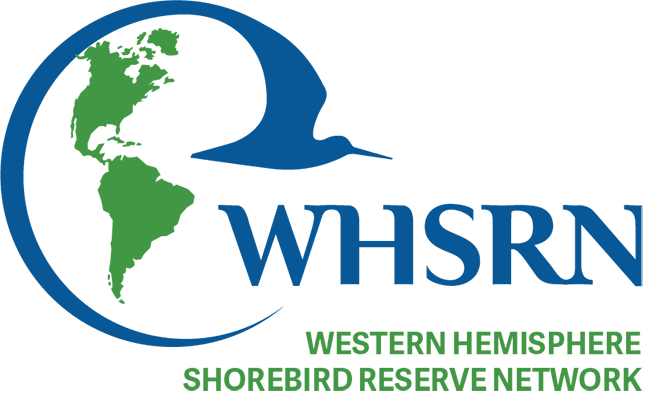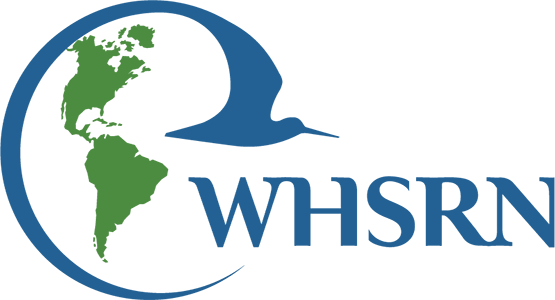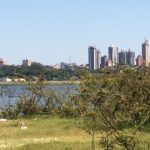In the last weeks of August and early weeks of September, the WHSRN Executive Office led three different workshops in the Southern Cone region of South America. Facilitated by WHSRN Conservation Specialist Diego Luna Quevedo, these workshops were meant to build local capacity for shorebird conservation and habitat management in Brazil, Chile and Argentina.
With the help of our partners at SAVE Brasil, the first workshop took place on August 22nd in Porto Alegre. This workshop focused on strategies to manage social and environmental conflicts at Lagoa de Peixe, a national park and WHSRN site of International Importance. Participants were given a conceptual framework to help analyze the challenges facing the Park, and together designed a collaborative action strategy to address these conflicts. Participants included representatives of NGOs, universities, and research centers, the Chico Mendes Institute for the Conservation of Biodiversity (known by its Portuguese acronym ICMBio), and staff and leadership from the National Park, among others.
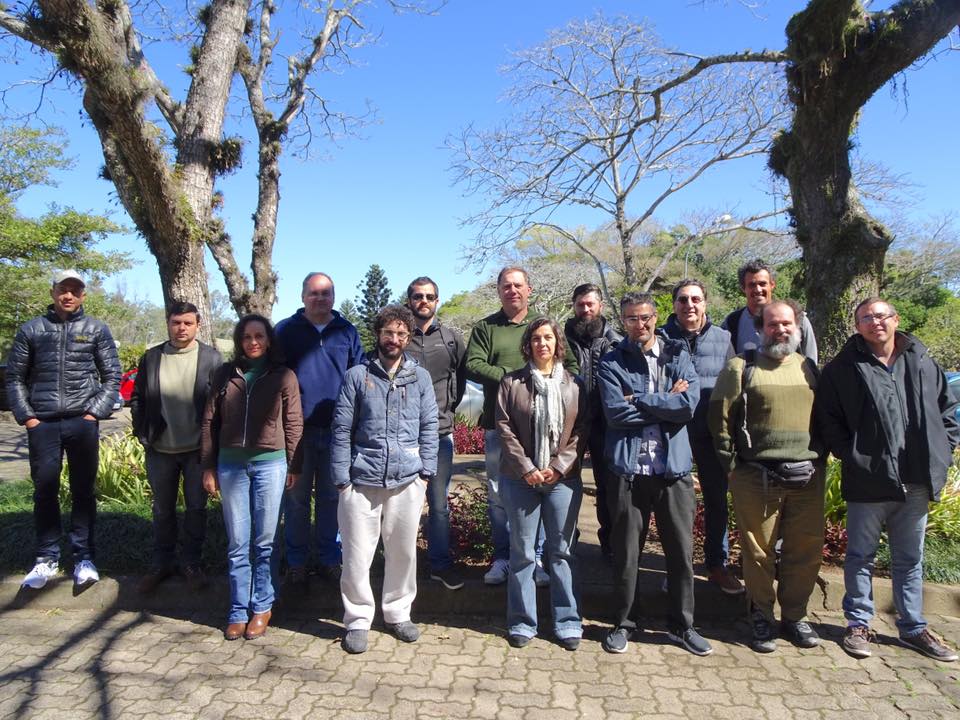
Participants in a Conflict Strategy Workshop in Porto Alegre, Brasil. Photo: Diego Luna Quevedo.
In the days following the workshop, Quevedo traveled with Juliana Bosi de Almeida, Project Manager at SAVE Brasil, to visit the park and begin conversations with cattle ranchers in the area whose pastures provide important habitat for shorebirds. This work is part of a collaborative project between WHSRN and SAVE Brasil, made possible by support from the Neotropical Migratory Bird Conservation Act (NMBCA).
In addition to the workshops in Brazil, Quevedo led two workshops on good governance, one in Chile and the other in Argentina. The first was held on August 30th and focused on the wetlands of Quellón in Chiloé, including the sub-sites of Huildad and Yaldad. These areas are part of the Migratory Shorebird Conservation Plan for Chiloé, which is being carried out thanks to the support of the David and Lucile Packard Foundation. This workshop was co-organized with our partners at the Center for the Study and Conservation of Natural Heritage (CECPAN) and the municipality of Quellón. A wide range of partners participated in this opportunity, from local organizations and indigenous leaders to municipal officials and tour operators. The workshop strengthened their capacity to lay the groundwork for good governance on a local level.
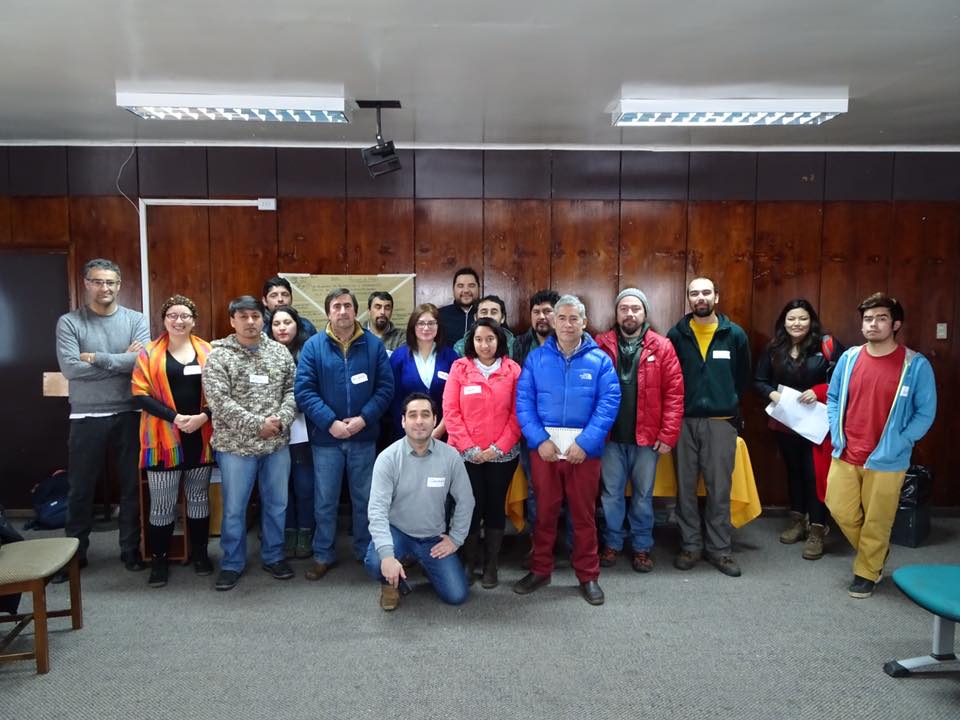
Participants in a Good Governance Workshop in Quellón, Chiloé. Photo: Diego Luna Quevedo.
We’re pleased to be able to report that following the input from the technical working group and the multiple expressions of concern, the Provincial Legislature decided to withdraw the bill of law. Furthermore, the debate over the future of the protected area has helped raise awareness of its importance, and strengthened the technical working group as a good governance mechanism for the reserve.
The second of these governance workshops was held on the 11th and 12th of September in West San Antonio, in Argentine Patagonia. It was co-organized with our partners at the Inalafquen Foundation, the municipality of San Antonio, and the Environment and Sustainable Development Secretary for the province of Río Negro. The workshop concentrated on action proposals to enable improved governance in the Bahía San Antonio Natural Protected Area. San Antonio Bay is a critical site for shorebirds, especially Calidris canutus rufa, the endangered subspecies of Red Knot. Many key actors joined the workshop, contributing knowledge of the area and direct interest in the conservation of this WHSRN site. Participants included ministers, secretaries, and councilors from the municipality, NGOs, research centers, universities, tour operators, social outreach professionals and local leaders. As a product of the workshops in Chile and Argentina, participants collaborated to create a “Governance Action Plan” to strengthen the management and conservation of these critical sites for shorebirds in the Southern Cone.
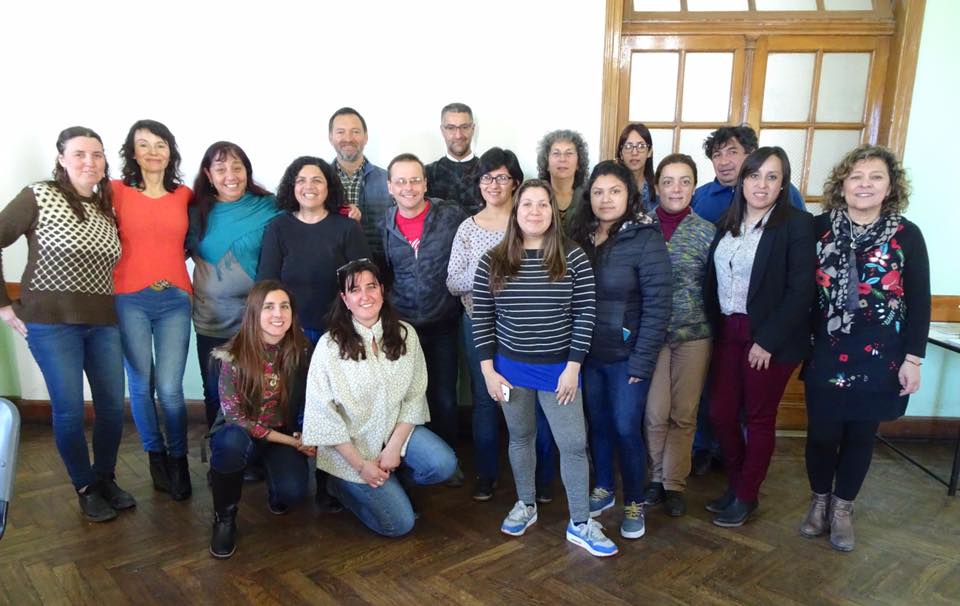
Participants in a Good Governance Workshop in San Antonio, Argentina. Photo: Diego Luna Quevedo.


